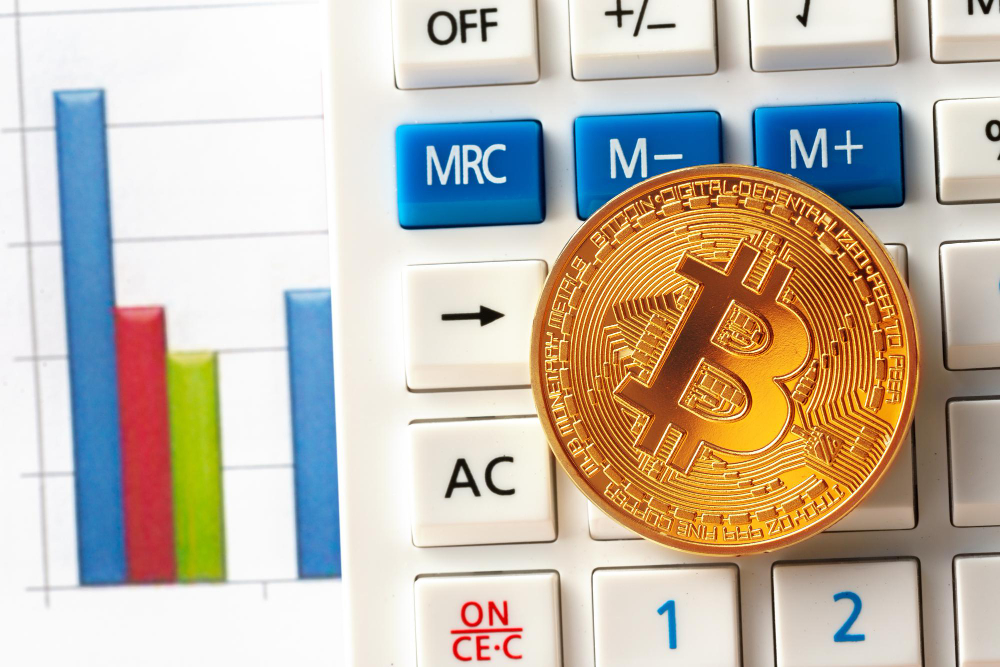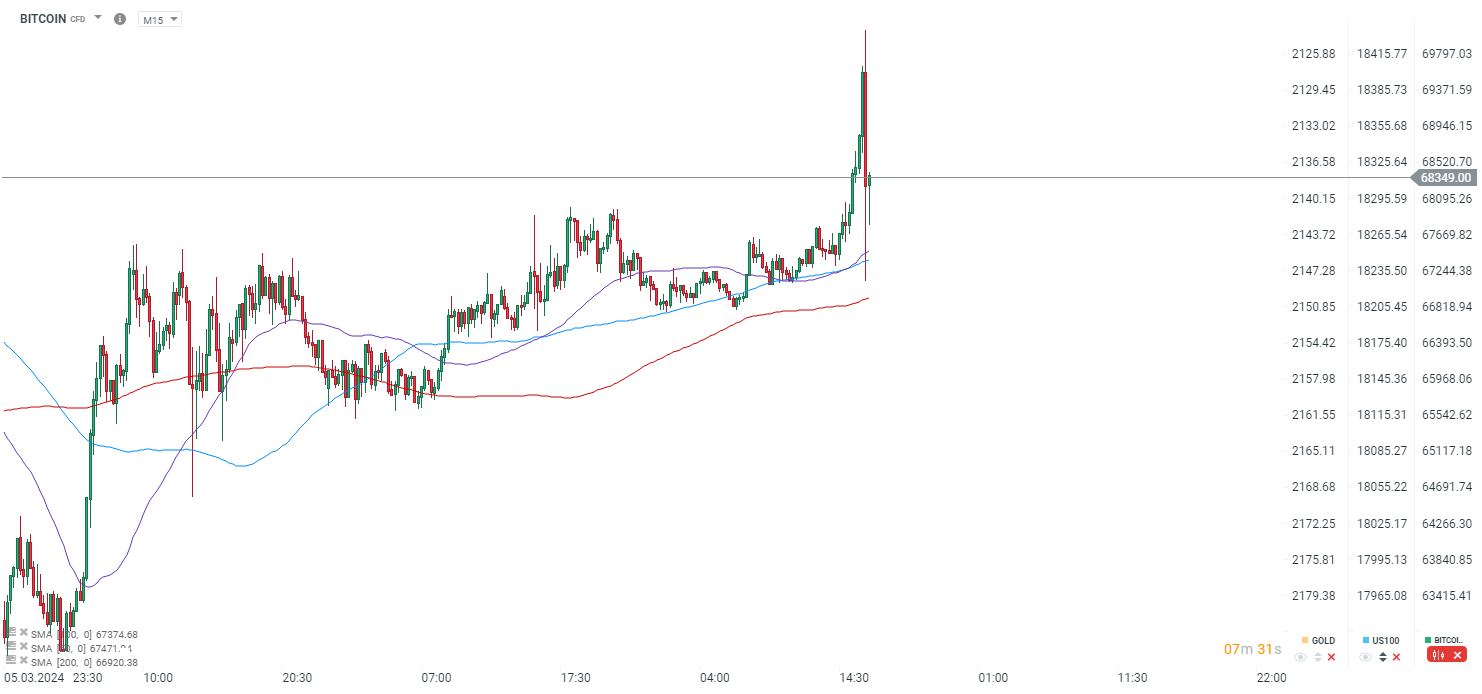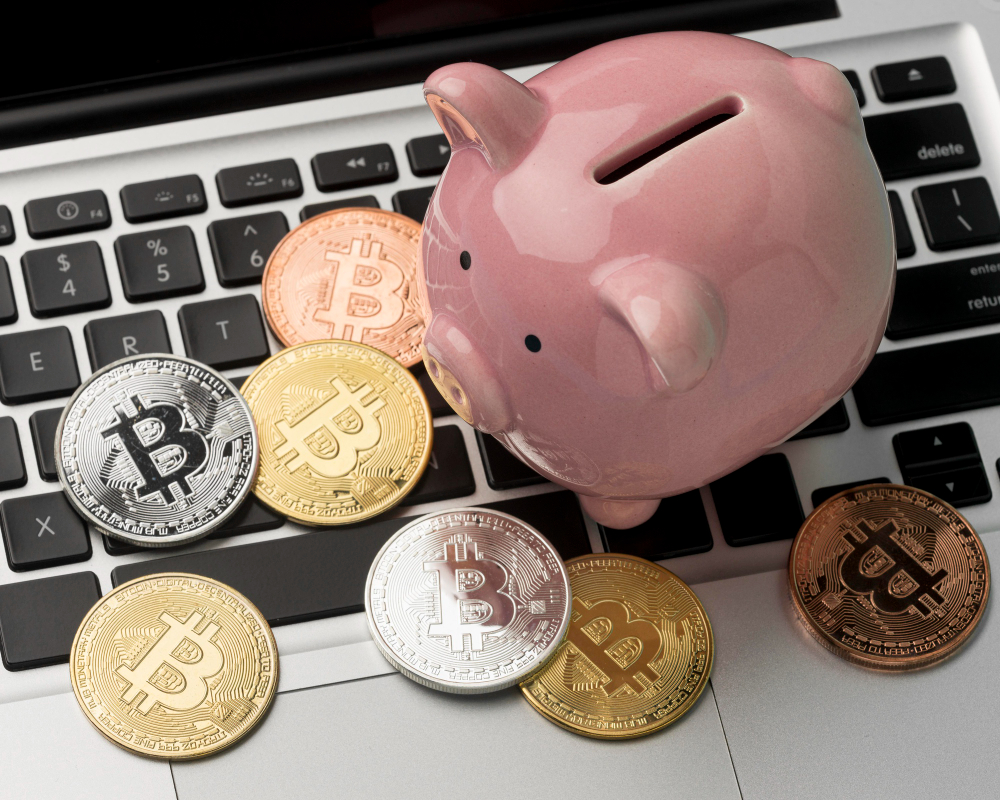
The ETF bitcoin is a diversified investment vehicle. It allows you to track the price of BTC, helping to be more prudent when buying/selling on the stock market.
- What are the types of bitcoin-ETFs
- Physical-based
- Spot-based
- Futures-based
- History of Bitcoin ETFs
- How does a bitcoin ETF work?
- How to invest in ETFs
- Has a bitcoin ETF been approved in the US?
- Are there other types of crypto-ETFs besides bitcoin?
- Why are investors interested in bitcoin ETFs?
- Advantages and disadvantages of bitcoin-ETFs

The topic is very interesting and even somewhat controversial. Read on, and we will try to make sense of it just for you.
What are the types of bitcoin-ETFs
The following are the main types of Bitcoin ETFs.
Physical-based
A physical ETF involves ownership – that is, direct access to the cryptocurrency. This option eliminates custody issues by providing a transparent structure (among other things).
Sure do, there are nuances. For example, storage costs and loss of anonymity need to be taken into account.
Spot-based
Spot bitcoin funds track and peg the value of the cryptocurrency to the current market price. The volatility of the market directly affects the value of spot ETFs.
Futures-based
These ETFs are derivative based.

They derive their value from bitcoin futures contracts rather than owning the coin itself. So this could be described as an indirect investment without holding the BTC directly.
History of Bitcoin ETFs
Let’s tell you how it was: one day, investors and brokers noticed that bitcoin was steadily growing in popularity. For them, it became a sign that it was possible to make a lot of money. And when the price rose to tens of thousands of dollars, many completely lost the opportunity to invest in this very cryptocurrency.
And then there was the full carte blanche from the SEC. But we will talk about that later.
How does a bitcoin ETF work?
In general, BTC ETFs are not much different from traditional ETFs.

If we describe this process in detail, then:
- Some group of individuals creates an exchange traded fund.
- This group buys BTC and then transfers it to the ETF sponsor.
- The sponsor transfers tokens to the fund, dividing it into a certain number of shares, and then returns it to the group to put it on the exchange.
That’s as far as creation is concerned. In terms of buying, if an investor purchases one of these shares, he is essentially buying a portion of the bitcoins of the spot. However, he still does not own the bitcoins.
How to invest in ETFs
If you want to try investing in ETF bitcoin, the process is not much different from traditional ETF investing. You simply need to buy them through your broker and the exchange you choose is entirely up to you. For example, the vast majority of ETFs are traded on the Nasdaq.

In terms of specific assets, we can look at Grayscale Bitcoin Trust, iShares Bitcoin Trust, Invesco Galaxy Bitcoin, Bitwise Bitcoin, the aforementioned ProShares Bitcoin Strategy and the Volatility Shares 2x BTC ETF.
The record holder among them all is the first one. Grayscale Bitcoin Trust has nearly $26 billion in assets under management right now.
Has a bitcoin ETF been approved in the US?
Yes, and what’s more, it didn’t happen that long ago. To be more precise, it was in 2024. Investors can now trade shares of bitcoin funds. Sure thing, the SEC is still not particularly excited about bitcoin as a phenomenon, yet still.
Are there other types of crypto-ETFs besides bitcoin?
Definitely yes. And there are a lot of them. Even if we don’t go beyond the US, there are ETFs linked to cryptocurrencies, like ETH. They are only linked to futures, but still.

In many other countries, the situation is even better.
Why are investors interested in bitcoin ETFs?
It’s safe to say that they’re particularly interested now because of the news that it’s finally been approved in the US. In fact, this is reflected not only in the increased interest from investors, but also in the increased price of BTC – it is fixed at over $70,000.

But that is not the only reason. There is also interest in the simplicity of investing. Many traders prefer not to go through the long and tedious process of figuring out which cryptocurrency investments are justified and which are not.
Advantages and disadvantages of bitcoin-ETFs
Let’s start with the advantages. First of all, it is simply convenient. You don’t need to understand the principles of bitcoin, go through a long and dull registration on the exchange, and also (which is actually the most important thing) – to assume the risks of direct ownership of cryptocurrency.

Plus, secondly, bitcoin ETFs are also good because they play into the hands of diversification. They can contain the cryptocurrency itself, stocks and other assets. Diversification is always a good thing, and there’s no good reason to give it up.
Obviously there are drawbacks. One is the management fee. Almost all ETFs suffer from this, so it can be seen as a necessary measure. The fact that you do not actually own your BTCs outright is also a rather striking, albeit indirect, disadvantage.
Of course, we should also not overlook the fact that ETF bitcoin will never allow you to track the price of the cryptocurrency exactly. The fact is that they may contain several other holdings in addition to BTC itself.











